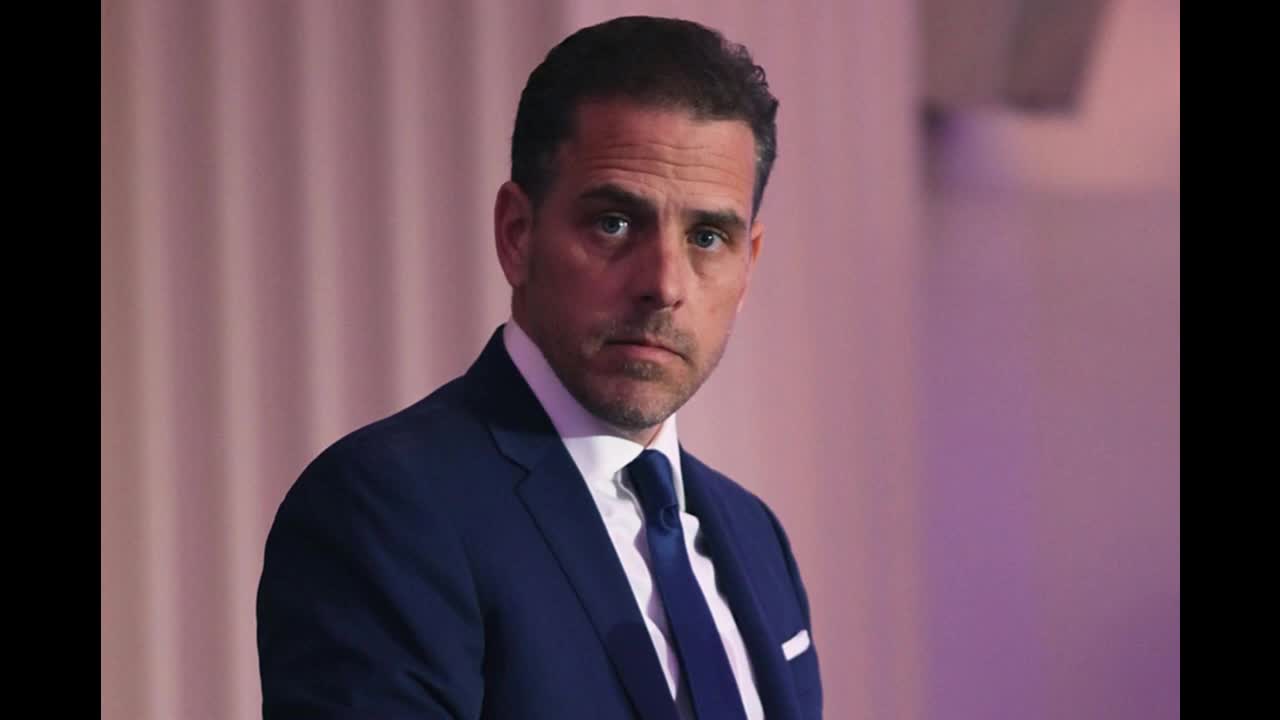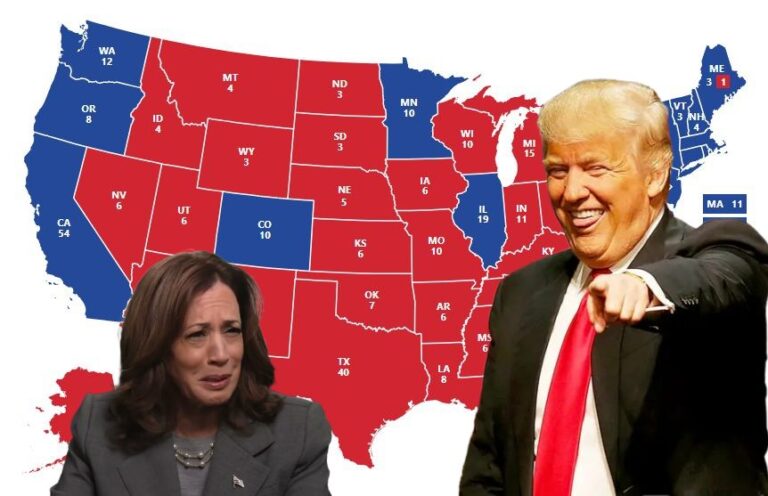Hunter Biden has publicly addressed his decision to plead guilty to nine federal tax charges, revealing a personal struggle that intertwines with complex legal and political narratives. In a candid statement, Hunter expressed a desire to shield his family from further distress, acknowledging the immense pressure and scrutiny they’ve faced. “I will not make my family suffer more pain, more invasions of privacy, and needless embarrassment,” he stated, admitting the significant toll his actions and ensuing legal battles have taken on his loved ones.
Hunter attributed his failure to timely file and pay taxes to a period of battling addiction, a confession that sheds light on his personal challenges. “Addiction is not an excuse, but it explains some of the mistakes I made,” he explained. This acknowledgment highlights the intersection of personal hardship and legal accountability, as Hunter admits his focus was merely on survival rather than fulfilling tax obligations. While his plea might signal an attempt to move forward, it opens a broader discussion about accountability and privilege.
https://twitter.com/randysult/status/1831878586967433388
The legal framework surrounding Hunter’s case is spearheaded by Special Counsel David Weiss, who charged him with three felonies and six misdemeanors linked to $1.4 million in unpaid taxes, which Hunter has since resolved. Weiss’s allegations point to a deliberate evasion of federal income taxes over several years, coupled with filing false tax returns. These charges illuminate a pattern of neglect and deceit that underscores the seriousness of the allegations.
Despite Hunter’s guilty plea, speculation abounds about potential leniency, particularly given his familial ties. This speculation intensifies with discussions about a presidential pardon, despite Joe Biden having previously dismissed such a possibility. Critics argue that Hunter’s treatment in the legal system reflects an undue privilege due to his last name, a sentiment echoed by IRS whistleblower Gary Shapley, who cited “special treatment and political interference” in the handling of Hunter’s case.
The implications of Hunter’s legal entanglements extend beyond personal and familial realms, casting a shadow over the broader political landscape. As the first child of a sitting U.S. president to be charged with a crime and found guilty, Hunter’s case invites intense scrutiny and fuels partisan debates. His attorney, Abbe Lowell, has hinted at potential challenges to the charges, yet Hunter remains free on bond, awaiting sentencing scheduled for December 16.
While the Justice Department has noted that federal sentencing often results in penalties less than the statutory maximum, Hunter faces the possibility of up to 17 years in prison. This case underscores the intricate interplay of personal failings, the pursuit of justice, and the influence of political dynamics, all converging to shape the narrative of Hunter Biden’s legal journey.




Leave a Comment